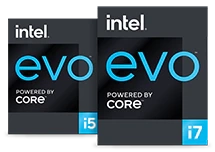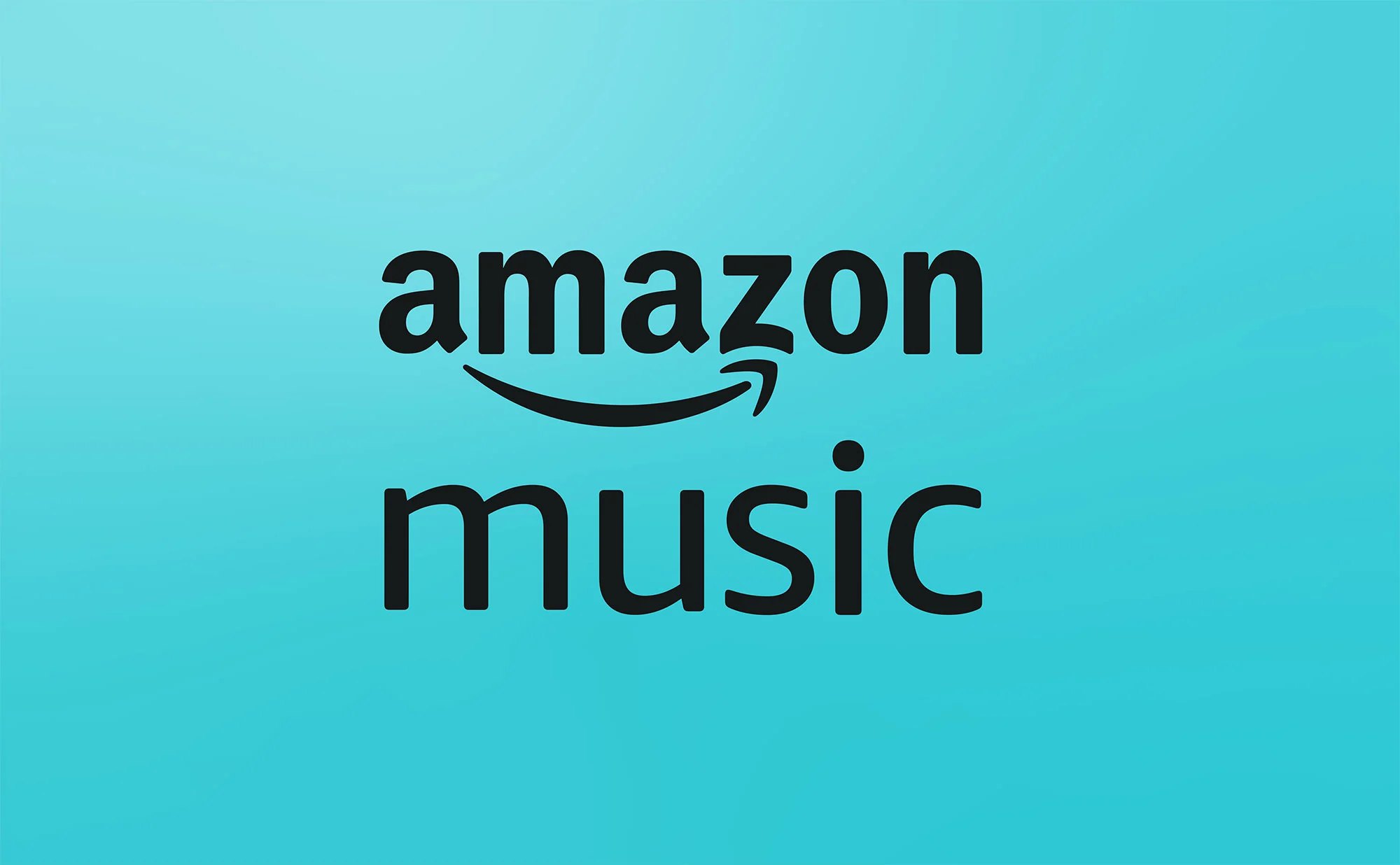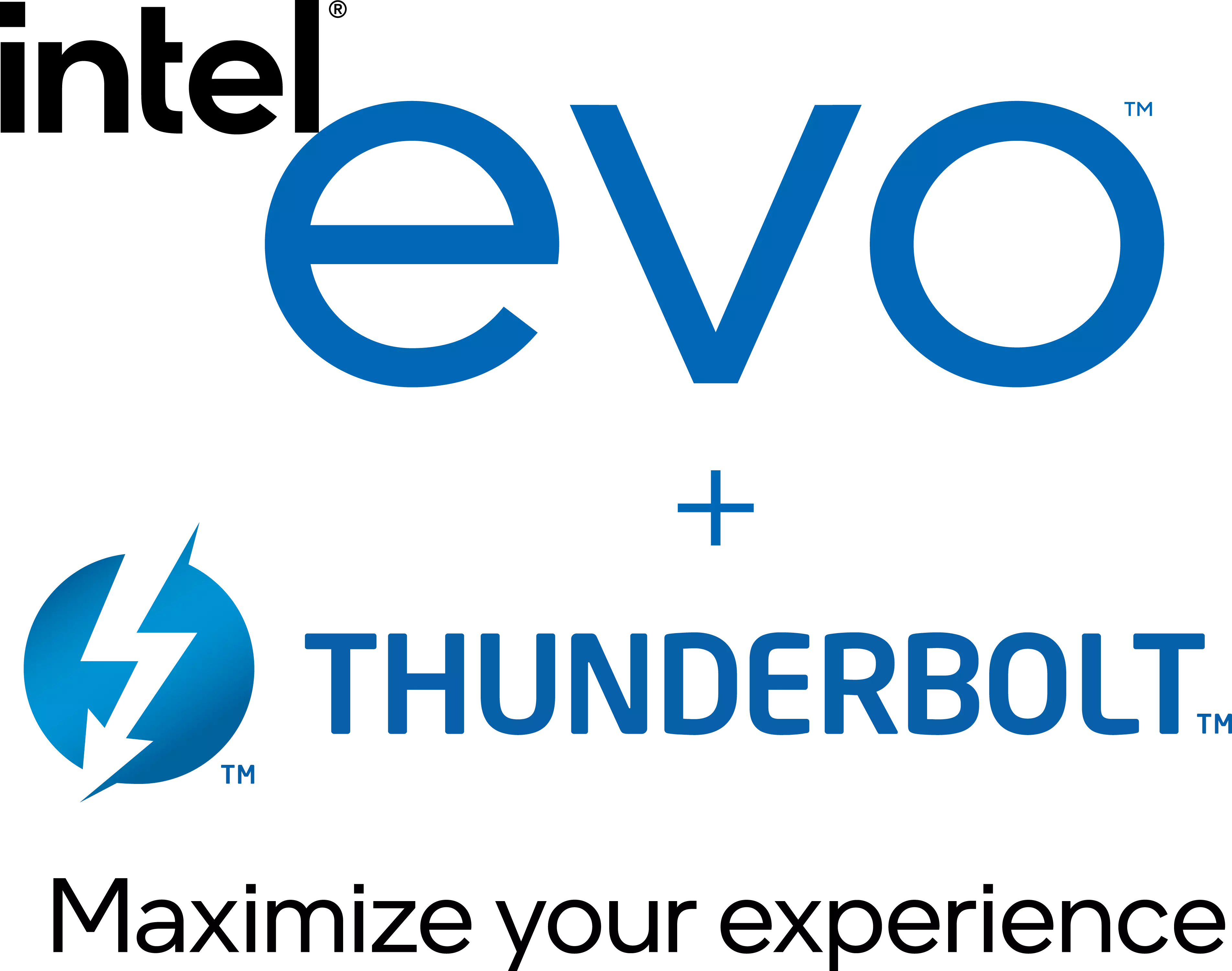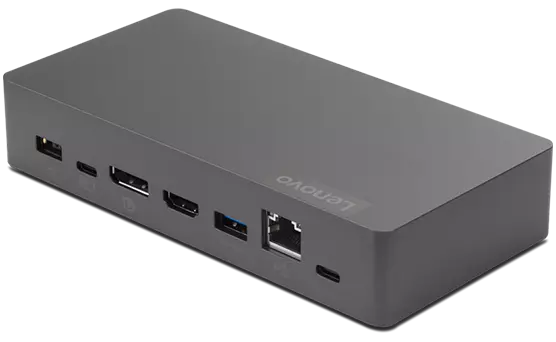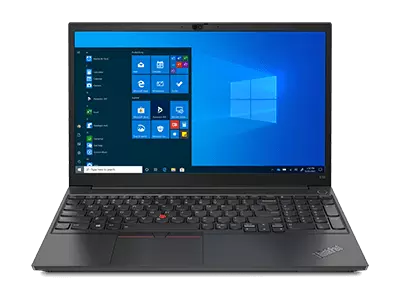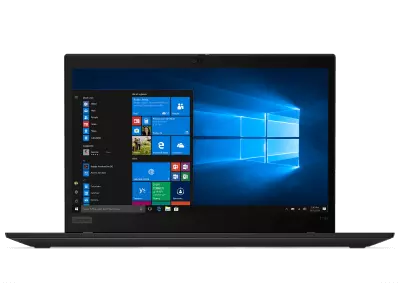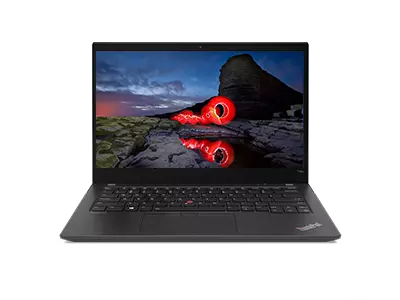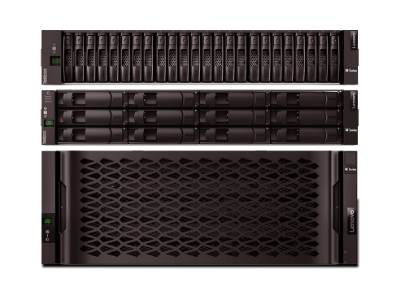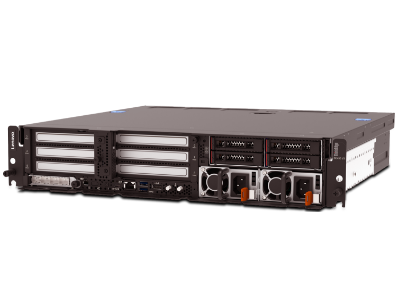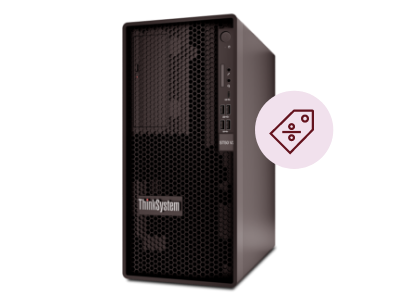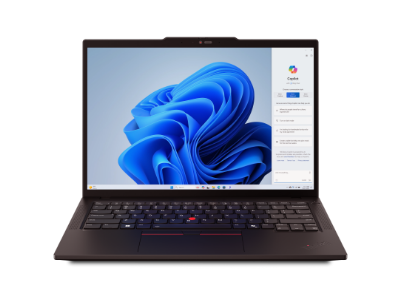-

 Accessibility
Accessibility -

 Contact Us
Contact UsSales:
Order Support:
-

 Rewards
Rewards -

 Account
Account -

 Cart
Cart -
Shop the public website: Lenovo.com
|
-
LenovoPRO Small Business Store
|
-

 Accessibility
Accessibility -

 Contact
ContactHelp placing an order
Business order help
Existing order help
-

 Rewards
Rewards -

 Account
Account -

 Cart
Cart
-
LenovoPRO Small Business Store
|
-

 Accessibility
Accessibility -

 Locator
Locator -

 Contact Us
Contact UsHelp placing an order
Business order help
Existing order help
-

 Rewards
Rewards -

 Account
Account -

 Cart
Cart
-
LenovoPRO Small Business Store
|
-

 Accessibility
Accessibility -

 Contact
ContactHelp placing an order
Business order help
Existing order help
-

 Rewards
Rewards -

 Account
Account -

 Cart
Cart
-
LenovoPRO Small Business Store
|
-

 Accessibility
Accessibility -

 Contact
ContactHelp placing an order
Business order help
Existing order help
-

 Rewards
Rewards -

 Account
Account -

 Cart
Cart
What is a private cloud?
A private cloud is a cloud computing platform that is operated solely for the use of a single organization. Private clouds can be deployed on-premises, at a data center, or hosted by a third-party provider. A private cloud provides the same benefits as a public cloud, including scalability, flexibility, and cost savings; however, it also offers additional security and privacy controls. As organizations move more of their workloads to the cloud, they are increasingly turning to private clouds to meet their specific needs.
How a private cloud works
A private cloud is a cloud computing environment that is procured, built, and managed by a single organization. Private clouds can be deployed on-premises, off-premises, or a hybrid of both.
Private clouds can be built using a variety of different technologies. The most common approach is to use virtualization software to create a virtualized infrastructure that supports the private cloud. This virtualized infrastructure can then be deployed on-premises or in a hosted environment. Other approaches include using containers or bare-metal servers.
Private clouds can be managed using a variety of different tools and technologies. The most common approach is to use a cloud management platform (CMP) to provision and manage the private cloud infrastructure. CMPs typically provide a web-based interface that allows administrators to provision and manage virtual machines, storage, networking, and other resources. Other approaches for managing private clouds include using DevOps tools or manual processes.
What are the benefits of private cloud?
The three primary benefits of a private cloud are security, control, and compliance.
- Complete visibility into security and access control: Private cloud gives businesses great visibility into their security and access control settings. This allows them to ensure that their data is safe and secure at all times.
-Greater control over hardware and software choices: With private cloud, businesses have greater control over their hardware and software choices.
- Flexibility in hardware and software customization: They can customize their applications and workloads to meet their specific needs without the restrictions of public cloud providers.
- Strongly enforced compliance with regulatory standards:
Private cloud is fully compliant with all regulatory standards. This means that businesses can operate without worry about violating any laws or regulations.
Private cloud is the ideal solution for businesses that require complete control over their data and operations.
Private cloud vs. public cloud
The cloud has become an increasingly popular option for businesses of all sizes. However, there is still some confusion about the difference between private and public clouds. A private cloud is a cloud computing platform that is operated solely for a single organization. This means that the organization has full control over the platform and can customize it to meet its specific needs.
In contrast, a public cloud is a platform that is shared by multiple organizations. While this can be more cost-effective, it also means that the organization has less control over the platform and may not be able to customize it to meet its needs. As businesses continue to grow and change, it is important to choose the right cloud platform to meet their unique needs.
How are private clouds related to hybrid clouds?
Private clouds are often used by large organizations that have strict security requirements. A hybrid cloud is a type of cloud computing that combines the best of both public and private clouds. Private clouds can be considered a subset of hybrid clouds, as they often incorporate both on-premises and off-premises resources.
What is multi-cloud?
Multi-clouds, on the other hand, generally involve deployments across multiple cloud providers. While private clouds offer greater control and security, hybrid and multi-clouds offer greater flexibility and scalability. Organizations often use a combination of all three approaches to find the best balance of security, control, and flexibility for their specific needs.
Is it better to use a public cloud or a private cloud?
When it comes to cloud computing, there are two main options: public clouds and private clouds. Public clouds are owned and operated by third-party service providers, while private clouds are owned and operated by a single organization. Each option has its own advantages and disadvantages.
Private clouds offer more security and control but they can be more expensive to set up and maintain. Public clouds are less expensive and easier to set up, but they may be less secure. Ultimately, the best option for a given organization will depend on its specific needs and budget.
The Lenovo Advantage
There are so many ways you can save a bundle at Lenovo with regular deals on new laptops, desktops, tablets and electronic devices. Plus, take advantage of our price match guarantee and financing options, or additional savings with exclusive Lenovo coupons.
If you’re a small business owner, you can take advantage of additional business benefits and savings by signing up for a free Lenovo Pro membership.
If you’re a student, teacher, healthcare worker, military member or senior, verify safely through ID.me to validate your eligibility for additional discounts when you buy.
Don’t forget to sign up to My Lenovo Rewards and Smart Family before you buy to earn rewards that can be applied to future purchases.
And at Lenovo, we also have a special trade-in program for users of outdated laptops, computers and other electronics looking to trade up into a modern device.
And for businesses, students and gamers, join one our free Lenovo online communities for SMB, education or gaming. Get connected with your peers, stay engaged, learn and share.
Don’t miss all these opportunities to save plus free shipping on all products.

